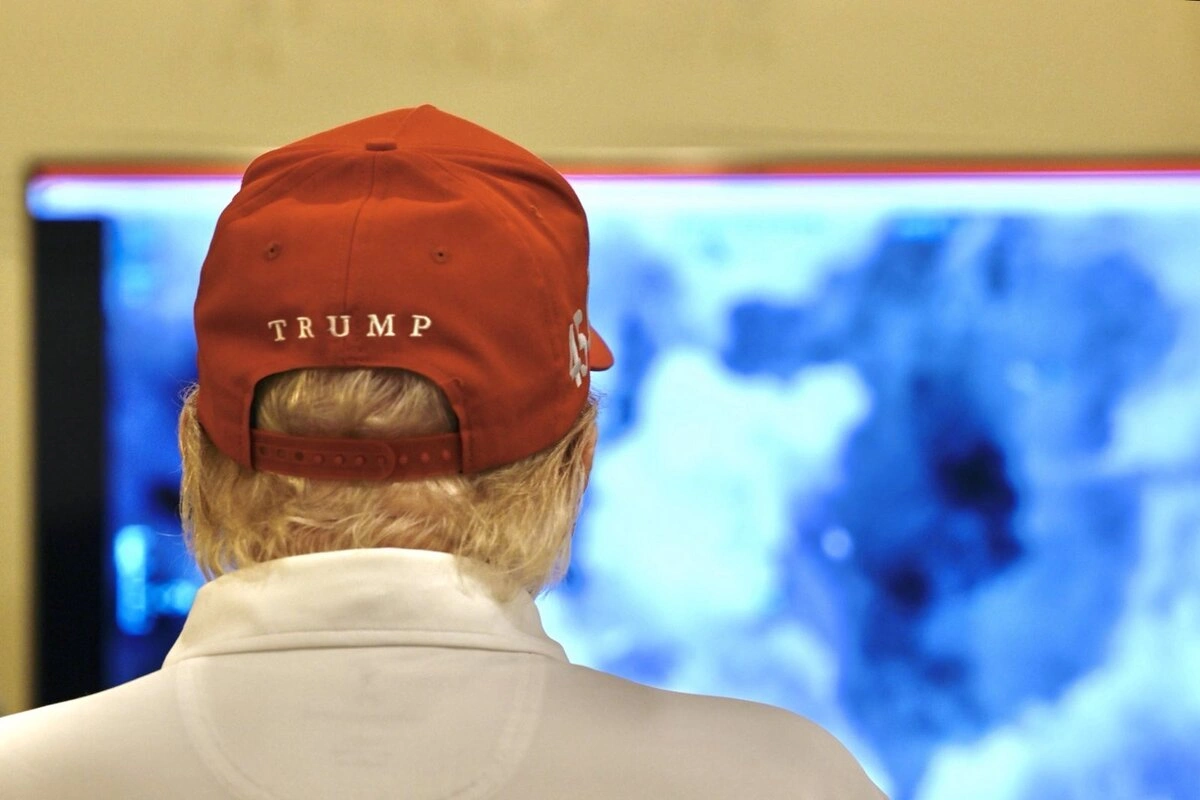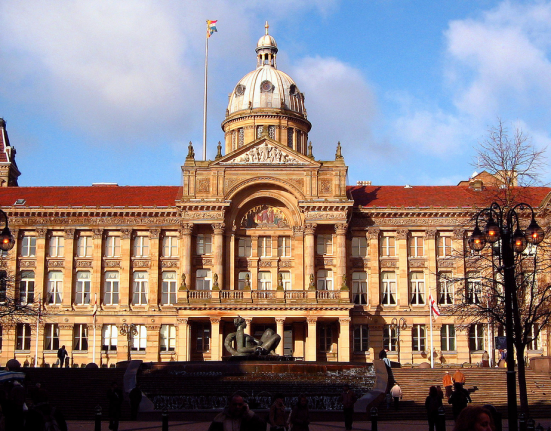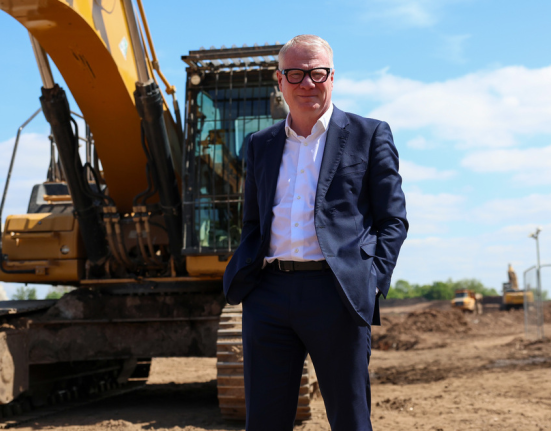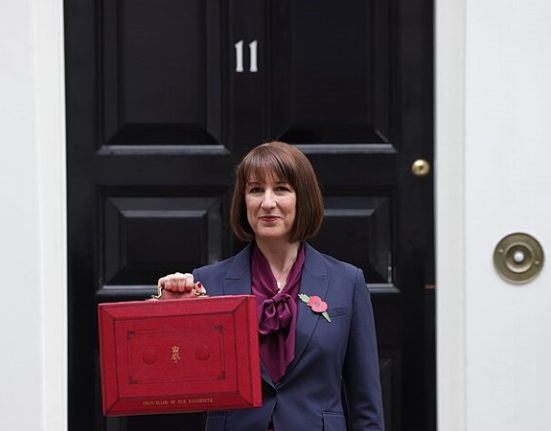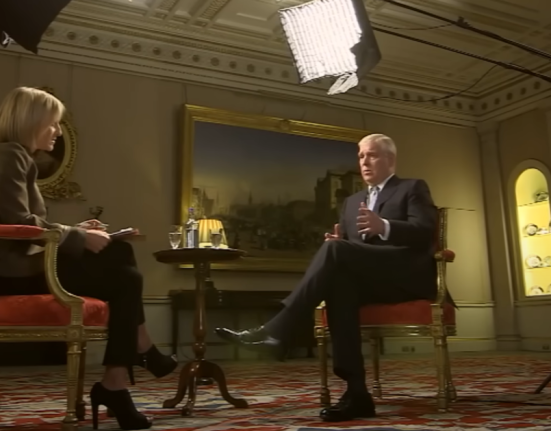Breakthrough expected in pharma talks
The UK is close to striking a major drug pricing deal with the White House that could see the NHS pay billions more for certain medicines in exchange for lower tariffs on British pharmaceutical exports, officials have confirmed.
Talks, led by Varun Chandra, Prime Minister Sir Keir Starmer’s chief business adviser, have intensified in recent days as London seeks to shield UK pharma from Donald Trump’s proposed 100% tariff on branded medicines imported into the US.
“We are quite close,” one British official said.
“We’ve demonstrated that we are listening to US concerns.”
The government hopes to secure zero tariffs for all UK-made drugs, though Washington may insist on a 10% rate instead.
NHS faces higher drugs bill
Under the proposed agreement, the UK would raise the threshold at which the NHS deems a medicine cost-effective by up to 25%, allowing higher prices for new treatments. Treasury officials estimate the change could add billions to Britain’s annual drugs bill over time as new therapies enter the market.
Pharma companies, however, warn that unless the UK also adjusts its tax cap on medicine sales, the benefit could be offset. Industry sources say a deal would be meaningless if the government “clawed back” additional spending through the existing rebate system.
The Treasury has yet to decide how to fund the increase. Some officials suggest the higher costs could come from the existing NHS budget, which Chancellor Rachel Reeves boosted by £22 billion last year.
US pressure and investment pledge
The US is also expected to demand that Britain double the proportion of GDP spent on innovative medicines from 0.3 to 0.6%, bringing it closer to American levels. The Association of the British Pharmaceutical Industry says such a move would make the UK more competitive but require sustained funding.
Speaking in Washington DC this week, Reeves said Britain was prepared to spend more on medicines to attract global investment. “We do need to make sure we are an attractive place for pharmaceuticals – and that includes pricing,” she said. “In return, we expect more investment and greater openness from NHS Trusts to support clinical trials.”
While no formal deal has yet been signed, both governments signalled progress, with UK officials describing the talks as “the most advanced” of any global pharma negotiation since Trump’s tariff announcement.

